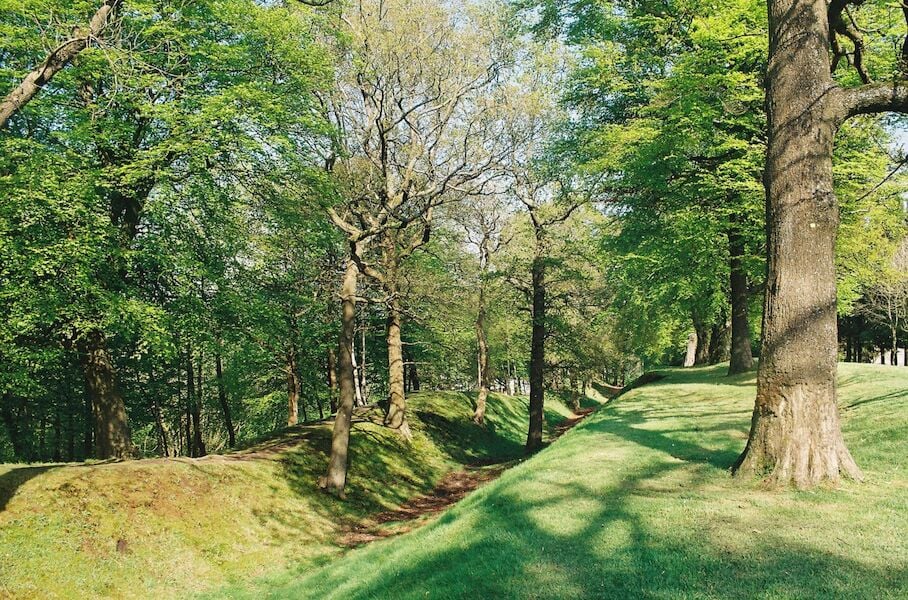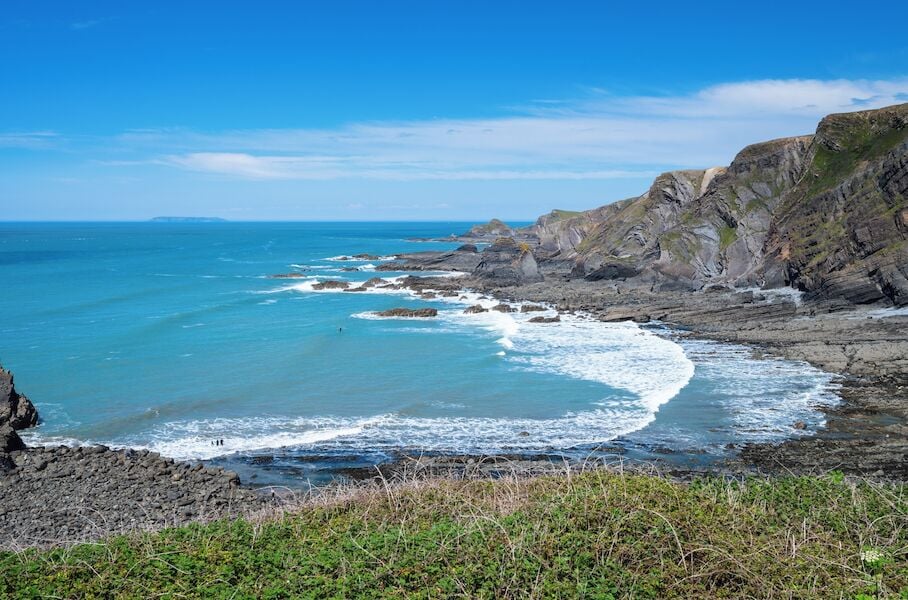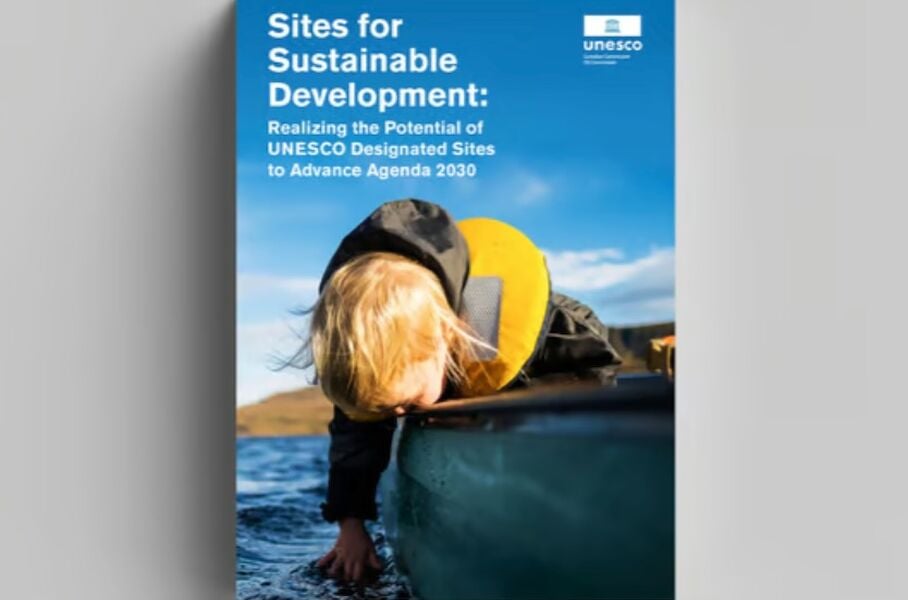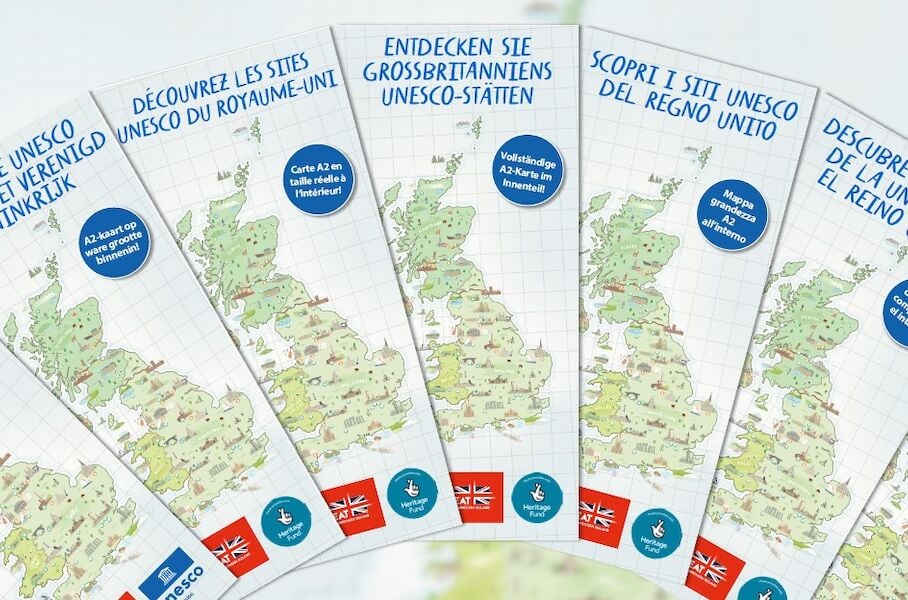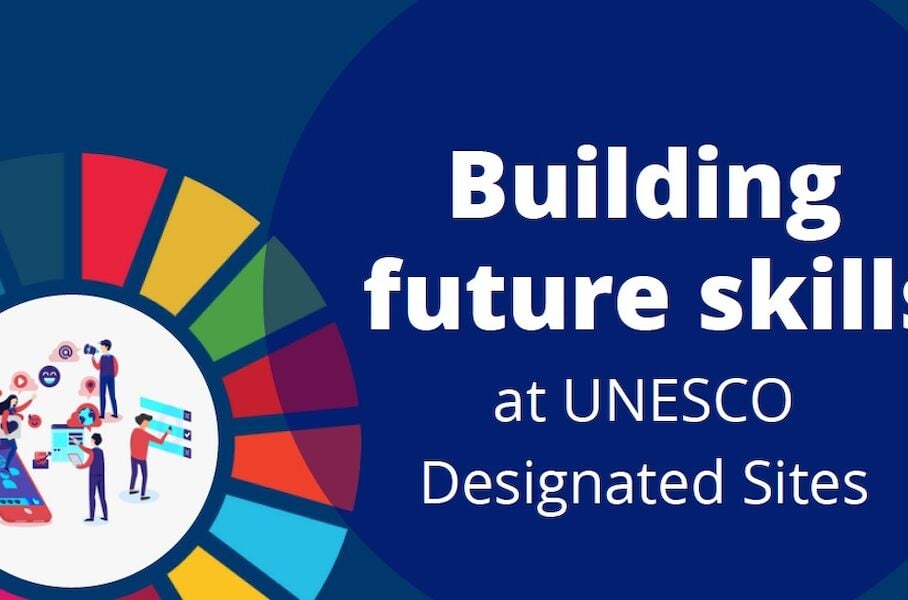UNESCO Associated Schools Network
The UNESCO Associated Schools Network (ASPnet) was established in 1953 to promote the ideals and values of UNESCO by reinforcing the humanistic, ethical, cultural and international dimensions of education and to link educational institutions across the world around a common goal: ‘to construct the defences of peace in the minds’ of its students and teachers. ASPnet connects more than 10,000 educational institutions in over 180 countries. In the UK, ASPnet is run on behalf of the UK National Commission by the Steve Sinnott Foundation.
Arts and Culture for Peace Initiative
The UNESCO UK Associated Schools Programme Network (ASPnet) Arts and Culture for Peace Initiative was inspired initially by the UK-Japan Between the Stones project and pilot projects by five Coventry primary schools.
This is an ongoing Initiative to enable schools worldwide to participate. The Initiative was officially launched at the International Virtual ‘Connecting for Peace’ UNESCO ASPnet UK Conference.
The UNESCO ASPnet Arts and Culture for Peace Initiative focuses on important ASPnet Goals related to peace, sustainability and intercultural learning and heritage, and supports the UN Sustainability Development Goals.
The aim is for young people around the world to work on transformative arts and culture for peace projects, which convey the importance of living more peacefully and sustainably with nature, ourselves, and our planet. The Initiative will:
- Demonstrate that peace can prove to be stronger than conflict and division’
- Illustrate that ’from acorns mighty oak trees do grow’ – individual creative elements can be shared and combined to produce creative group outcomes by young global citizens, which can benefit wider communities
- Give voice to our young people – the future belongs to them and their ideas about how we can achieve the ASPnet Goals matter and can support the international community effectively by creating opportunities from the challenges which lay ahead.
The initial phase of the Arts and Culture for Peace initiative produced the following outcomes:
- 2021: Coventry Young Ambassadors Islands of Peace Japanese Garden opened to the Public by Japanese Ambassador to the UK and Mayor of Coventry
- 2022: UNESCO UK Arts and Culture for Peace Initiative launched in UK and globally
- 2023 (Sept): Delegation of nine countries – The Gambia, South Korea, Poland, Belgium, The Netherlands, Oman, Singapore, Japan and the UK visited Japan to celebrate 70th anniversary of UNESCO.
- 2024 (June): UNESCO UK ASPnet Co-ordinator, Ann Beatty, launches the Seeds of Hope for a Better Future Project globally at the UNESCO ASPnet Conference in Poland
View the 2024 Launch Presentation
- 2025 (May): UNESCO UK ASPnet Co-ordinator, Ann Beatty, launches the Seeds of Hope for a Better Future Competition
- 2025 (June - Sept): First UNESCO UK ASPnet Seeds of Hope for a Better Future Competition
- 2025 (Sept): First UNESCO UK ASPnet Arts and Culture for Peace Legacy Award presented to Coventry Young Ambassadors for their Islands of Peace Japanese Garden
- 2025 (Oct): Renewal of UNESCO UK ASPnet Seeds of Hope for a Better Future Competition for a further two years.
Seeds of Hope for a Better Future Competition
The UNESCO UK Associated Schools Programme Network (ASPnet) Seeds of Hope for a Better Future project supports UNESCO’s Sustainable Development Goals and key action areas - promoting peace, sustainability and intercultural learning and heritage, especially in the context of the challenges of climate change.
Vision - Stronger Together
The Competition encourages schools to work with partners that are committed to supporting young people and schools. These might be community groups, arts and scientific organisations, such as international seed banks.
Many such groups already have programmes from which young people draw inspiration and they may also already offer public resources to support schools. One such partner is Kew Millennium Seed Bank. Like ASPnet, it is part of an international family and has links with researchers and seed banks in 190 countries.
This is an opportunity for schools to collaborate with others to create artistic outcomes that demonstrate and highlight their support to local communities.
Working together to face the challenges and impact of climate change around the world is a shared vision - it needs all of our efforts to make a difference.
Objectives
- Connect young people with the arts, sciences, local and international communities
- Strengthen awareness of the value of seeds for the planet and humanity to support a sustainable, bio-diverse future
- Create inspiring artworks in collaboration with local or international community partners in order to enhance and benefit the lives of others
- Share Seeds of Hope experiences internationally through the UNESCO ASPnet network to inform and give voice to young people on the impact of climate change to local communities around the world.
Inspired by UNESCO’s keen interest in community partnerships, the 2025 launch Competition was part of a groundbreaking effort to give meaning to young people’s participation in global citizenship, especially in the context of climate change and its impact on the biodiversity of local communities.
In 2025, schools on three continents participated, including young people of all ages – from nursery to student teachers – and featured winners from the UK, France, The Gambia, Kenya and Haiti, all of whom produced high quality artworks that also have positive impact on their local community.
The 2025 Competition Judging Panel comprised:
- Jannette Cheong
- Edmund de Waal
- Liz Forgan
- Antony Gormley
- Lorna Hamilton-Brown
- Andrew Hochhauser KC
- Shobana Jeyasingh
- Paul Laikin
- Hugh Quarshie
- Rathna Ramanathan
- Marilena Reina
- Hilary Vernon-Smith
The UNESCO UK ASPnet Seeds of Hope for a Better Future 2025 competition was supported by The Hochhauser Foundation in honour of the late Graham Marchant OBE.
The Competition seeks to inspire young people, and key partners (educators, artists, scientists and others), to work together to create impactful legacy arts and culture projects for the benefit of others, and to reflect the importance of protecting and improving the bio-diversity of seeds against the impact of climate change. Working together with educators, artists, scientists and others young people can make a difference to their local communities.
Rules and Guidelines
If you are interested in entering the competition, we invite you to consult the Competition Rules and Guidelines
Download and read the Competition Rules and Guidelines
Entry Form
Once you have checked the Competition Rules and Guidelines, please submit your entry using the Competition Entry Form by 14 July 2026
Download and complete the Competition Entry Form
Resources
We are promoting a ‘less is more’ approach to reflect the theme of sustainability and access. Below are some resources to inspire you:
◦ Kew Millennium Seed Bank
◦ Why do we save seeds? Kew Podcast
◦ Why do we need to protect seeds, and how will that help climate change? Kew Podcast
◦ Other useful links suggested by Kew’s Education Team.Participants may also find the following two documents helpful in exploring ways to implement the project across different seasons of the year:
Schools may study, and draw on, any artistic references - classical or contemporary. For example, the pilot Coventry Garden project used three classical cultural forms from Japan as their springboard to better understand these different cultural concepts as part of the pilot projects.
We look forward to seeing how your seeds of inspiration continue to help communities grow!
Different forms of sharing will be used to maximise the global reach and impact of young people’s voices.
UNESCO UK will discuss with partners to find ways for young people’s creative seed story outcomes to be digitally sown to create a UNESCO ASPnet ‘Seeds of Hope for a Better Future’ Global Pathway Map.
The added impact value of all the arts projects being seen together can be shared as widely as possible to benefit local, national and international communities.
'The UNESCO ASPnet Action areas are vital, interrelated and urgent for everybody. Without peace we cannot achieve sustainability, and without having a tolerant relationship between cultures we will not have peace. Without peace, all of our human rights are at risk. Art has the potential to provide a creative mirror through which we can reflect on our impact on society.'
Jannette Cheong, Author of Between the Stones







